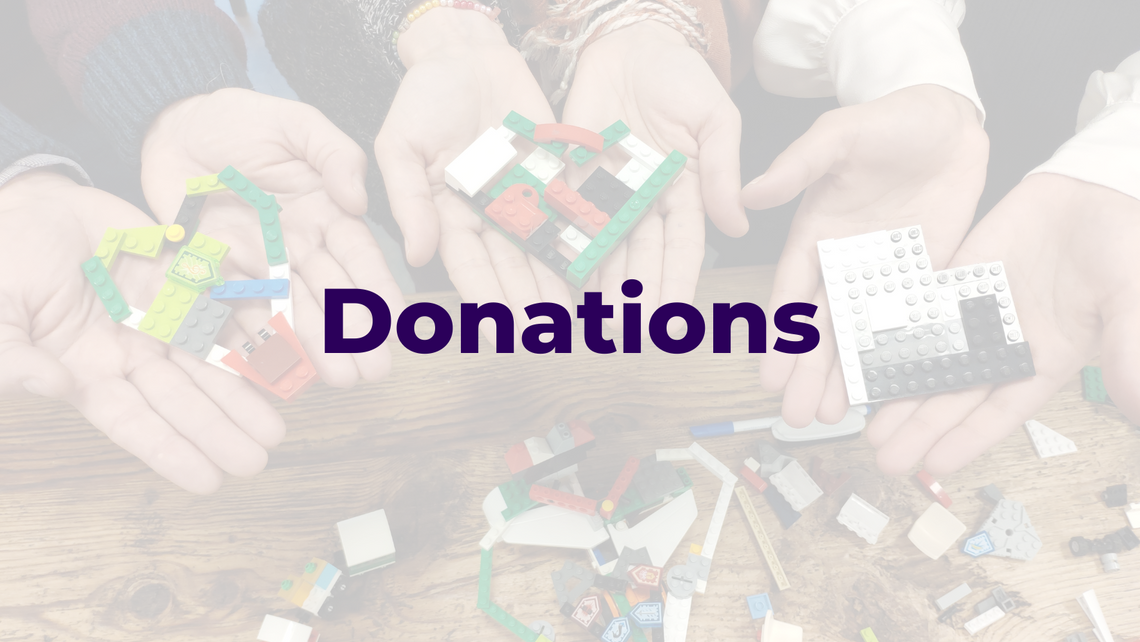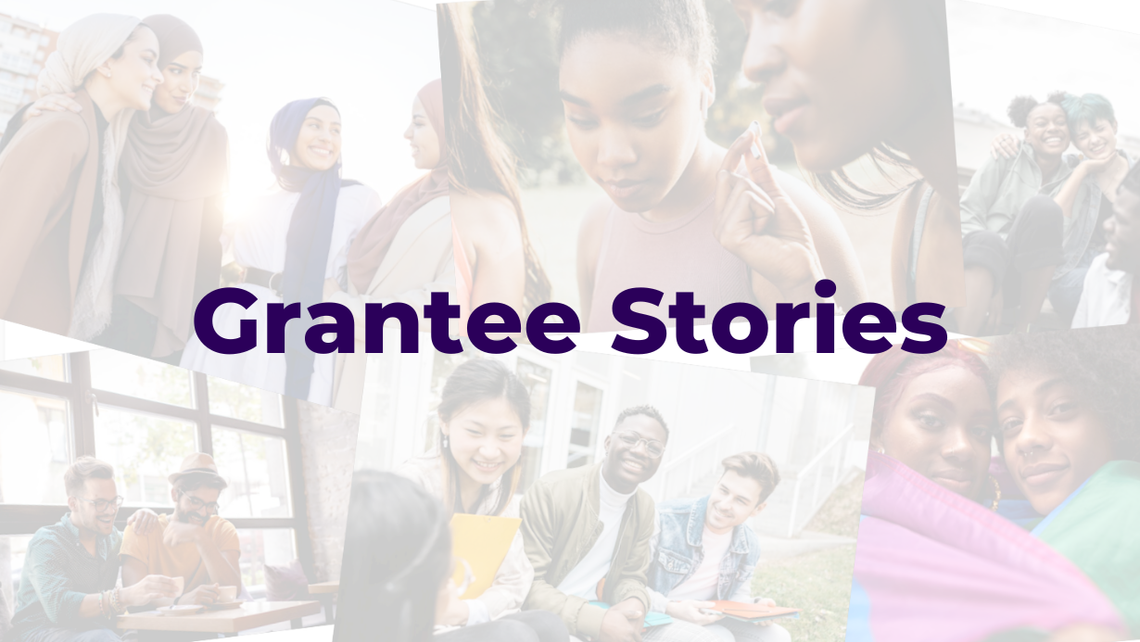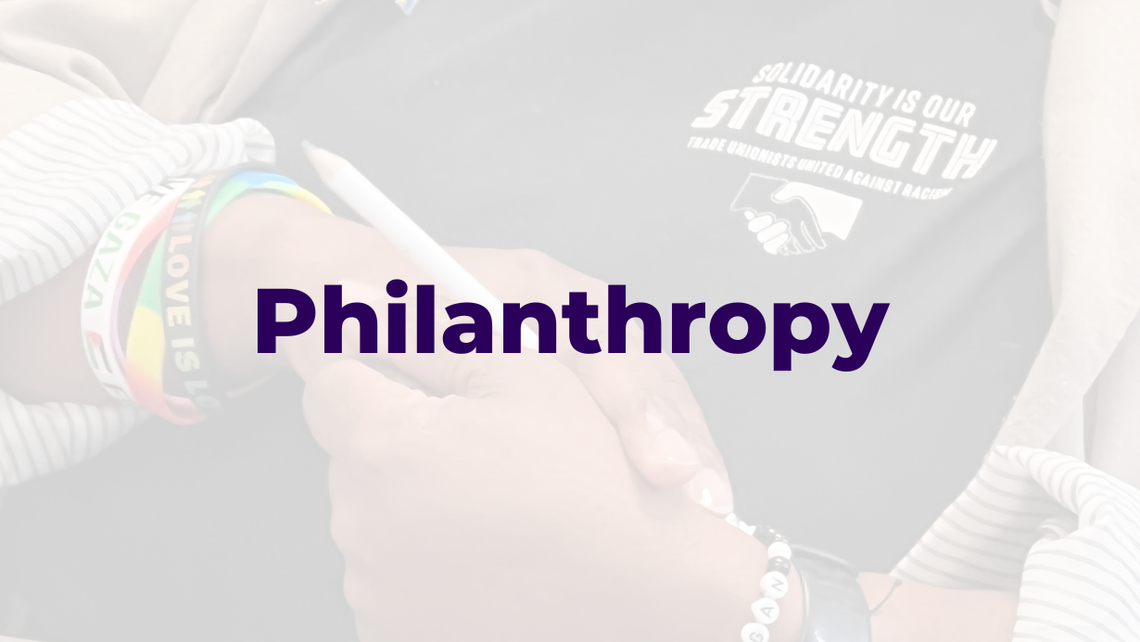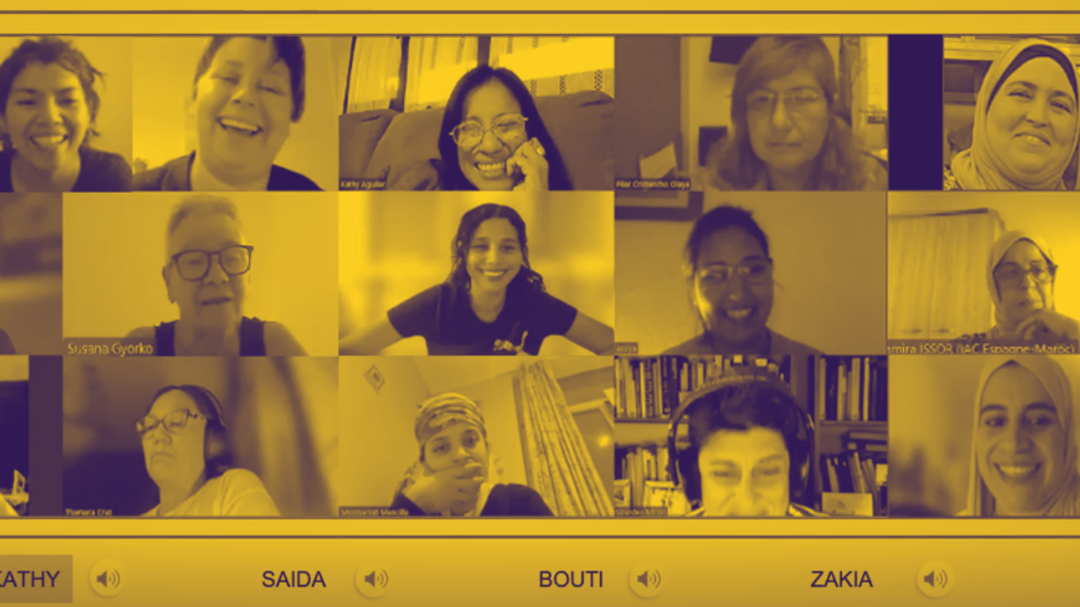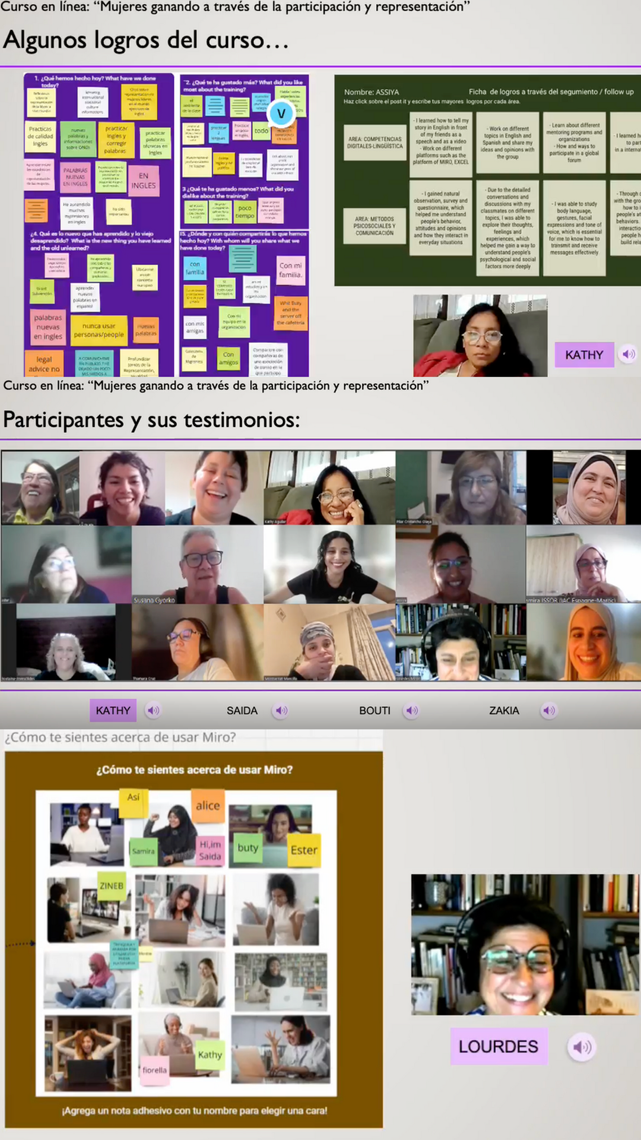Breaking barriers, building bridges
"Women gaining through participation and representation" project, spearheaded by the Institute of Cultural Affairs (ICA) in Spain, brought together 15 local and migrant women for a four-month virtual course, fostering a unique blend of digital competence, linguistic skills, and psychological empowerment. The project's success lies in its holistic approach to empowerment:
Digital and Linguistic Prowess: Participants honed their English and Spanish language skills while mastering digital tools essential for today's interconnected world1.
Psychological Empowerment: Through applied psychological methods, women learned effective communication techniques and strategies for personal and professional growth.
Cross-Cultural Understanding: The program created a safe space for local and migrant women to share experiences, challenging stereotypes and building lasting friendships.
"The course enabled a group of women to weave their life wisdom, knowledge and experiences together shaping a new and powerful image of themselves", said Catalina Quiroz-Nino, Training, Facilitation, and Research Coordinator at ICA, Spain.
Unexpected triumphs
The project's ripple effects extended far beyond the virtual classroom. In a heartening turn of events, two women, a Spanish and a Muslim woman attended an event at the Spanish Congress venue for the first time. And for the first time both of them had a fruitful dialogue with a Spanish-Saharawi congresswoman. This has opened doors for future collaborations on pressing issues like the impact of AI on the lives of minorities.
Looking ahead: a community of practice
The project's conclusion marks not an end, but a beginning. Participants have formed a support group to continue sharing opportunities and insights. More importantly, they've laid the groundwork for a Community of Practice, using ICA Spain's Consensus Workshop Method to outline future actions. This emerging community envisions a multifaceted approach to racial justice, encompassing:
Connection: Strengthening bonds between organisations to amplify their collective voice.
Representation: Increasing visibility in forums and congresses to influence policy-makers.
Research: Questioning norms and presenting concrete data on lived realities.
Rights: Actively participating in national and European politics to defend their rights.
Lobbying: Creating a strong network of organisations to advocate for change.
Funding: Accessing grants and support funds for social, environmental, educational, and artistic initiatives.
By empowering voices from the ground up, fostering resilience, and challenging colonial legacies, initiatives like these are paving the way for a more equitable and inclusive society.
